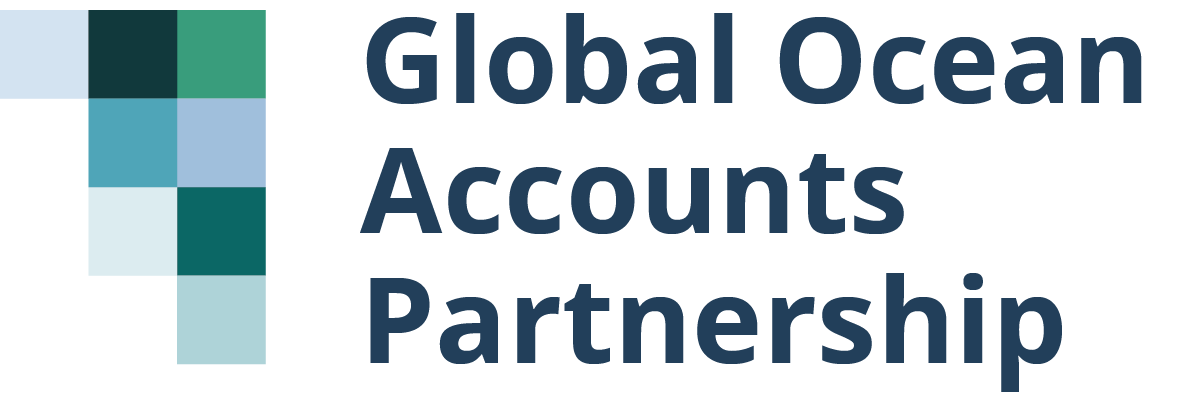How Ocean Accounts can strengthen Parametric Insurance for coastal resilience

In the latest policy brief, finance expert Arlette Schramm, unpacks how ocean accounts can provide scalable pathways to strengthen parametric insurance for coastal resilience.
Summary
- Parametric insurance (pre-specified payouts based on trigger events) faces key market challenges including basis risk—the mismatch between insurance payouts and actual damages experienced by policyholders—as well as data standardisation challenges and verification limitations.
- Ocean accounts bridge the critical measurement-finance gap by providing an UN-endorsed framework, implemented across 30+ countries, for structuring data on ocean ecosystem assets and their economic, environmental and social contributions across time and regions, establishing consistent measurement protocols, quality thresholds, and historical baselines.
- Measurements of ecosystem services within this standardised framework support both effective trigger design and improved premium calculations by quantifying ecosystem functions and their values. This helps insurers assess risk profiles with greater confidence, potentially reducing risk premiums that currently make parametric insurance prohibitively expensive for many coastal communities.
- The standardised data enables development of multi-tier trigger structures with graduated payment mechanisms that align with the actual progression of environmental degradation, rather than simplified binary triggers that often miss the mark, making products more responsive and accessible to coastal communities.
